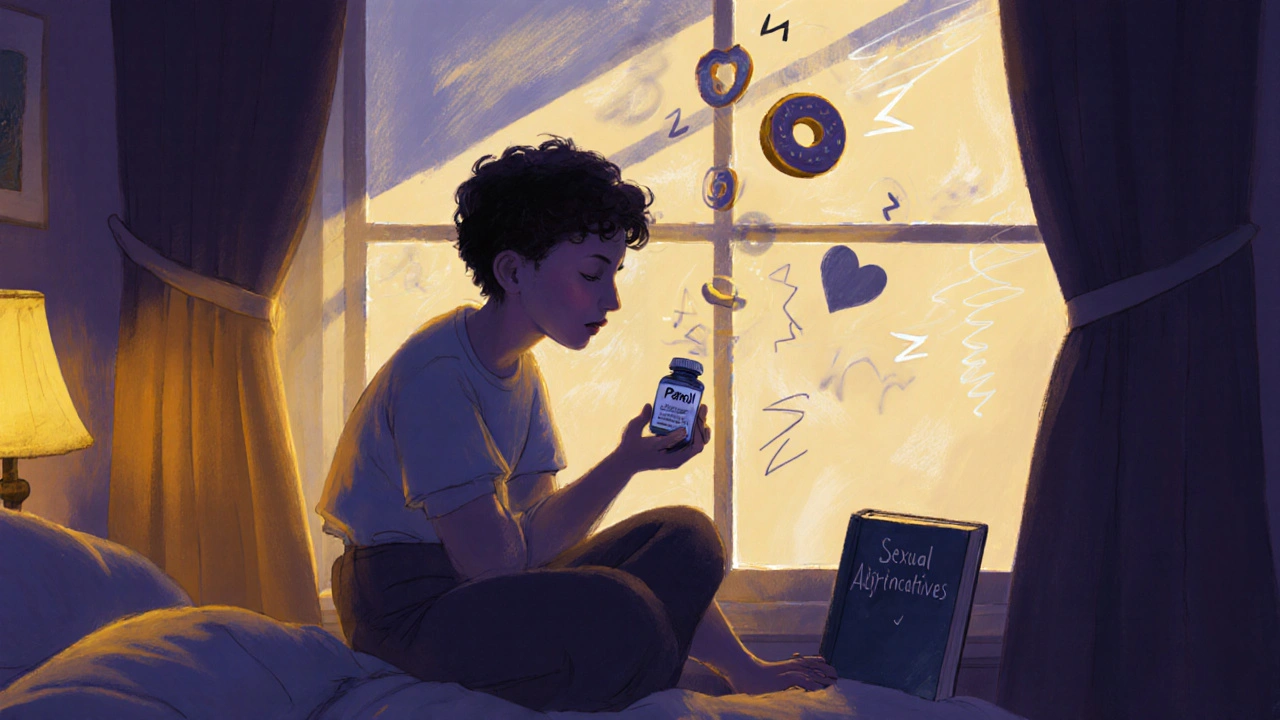Depression Meds: What Works, What to Avoid, and Real Alternatives
When you’re struggling with depression meds, prescription drugs used to treat persistent low mood, lack of energy, and loss of interest in daily life. Also known as antidepressants, they’re one of the most common tools doctors use to help people feel like themselves again. But not all depression meds are the same. Some work fast. Others take weeks. Some help with sleep. Others cause weight gain or nausea. And for a lot of people, the first one they try doesn’t stick.
Most SSRIs, a class of antidepressants that increase serotonin levels in the brain. Also known as selective serotonin reuptake inhibitors, they include drugs like sertraline and escitalopram. are the first go-to because they’re generally well-tolerated. But if they don’t work—or cause too many side effects—doctors often switch to SNRIs, medications that affect both serotonin and norepinephrine, two brain chemicals tied to mood and energy. Also known as serotonin-norepinephrine reuptake inhibitors, examples include venlafaxine and duloxetine.. These can be better for people who also feel physically drained or have chronic pain. Then there are older options like tricyclics and MAOIs, which are effective but come with more risks and dietary restrictions, so they’re usually only tried after others fail.
What you won’t find in most doctor’s offices anymore are the old-school meds that caused more harm than good—like some early SSRIs with dangerous interactions or drugs that made people feel numb instead of better. Today’s treatments focus on matching the drug to your symptoms, lifestyle, and other health issues. For example, if you’re sleeping too much and feel heavy, an SSRI like fluoxetine might help. If you’re exhausted and can’t get moving, an SNRI like duloxetine (the same one in Cymbalta) could be more useful. And if anxiety comes with your depression, some meds help with both.
It’s not just about popping a pill. Many people find that combining depression meds with therapy, better sleep, or even daily walks makes a bigger difference than meds alone. That’s why you’ll see posts here about how certain meds help with fatigue in diabetes, how anxiety and depression overlap in chronic illness, and even how generic versions of Zoloft and Cymbalta can cut costs without cutting effectiveness. The goal isn’t to find the "best" drug—it’s to find the right one for you.
What you’ll find below isn’t a list of every antidepressant ever made. It’s a practical collection of real comparisons: what works, what doesn’t, and what to ask your doctor before you start—or stop—any treatment. Whether you’re trying to understand why your current med isn’t working, looking for cheaper generics, or just tired of guessing, these posts cut through the noise and give you straight facts.
Paxil (Paroxetine) vs. Alternatives: What Works Best for Anxiety and Depression?
- Beata Staszkow
- |
- |
- 10
Paxil (paroxetine) helps with anxiety and depression, but side effects like weight gain and sexual dysfunction make many seek alternatives. Compare Prozac, Zoloft, Cymbalta, and non-medication options to find what works best for you.
View more
